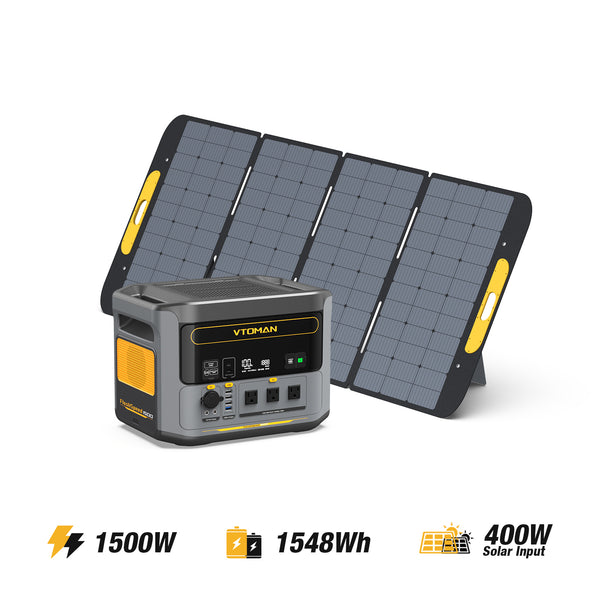Living off the grid is an appealing lifestyle choice for many individuals seeking independence from traditional energy sources. However, understanding your energy needs for living off the grid is crucial for a successful transition. This article will delve into the various aspects of off-grid energy requirements, ensuring you are well-prepared for this sustainable journey.

Assessing Your Energy Consumption
Before embarking on your off-grid adventure, it is essential to assess your current energy consumption. How much energy do you use on a daily basis? By analyzing your electricity bills and identifying your major appliances, you can estimate your energy needs accurately. Consider the following:
- Daily usage of appliances (refrigerators, lights, etc.)
- Seasonal variations in energy consumption
- Potential energy-saving measures
Once you have a clear picture of your energy consumption, you can begin to plan for your off-grid energy system.
Choosing the Right Energy Sources
When considering the energy needs for living off the grid, it is vital to explore various energy sources. The most common options include:
- Solar Power: Solar panels are a popular choice for off-grid living due to their sustainability and decreasing costs.
- Wind Energy: If you live in a windy area, wind turbines can provide a significant energy source.
- Hydropower: For those near a water source, micro-hydropower systems can generate consistent energy.
Each energy source has its advantages and limitations. Therefore, it is essential to evaluate which combination best suits your lifestyle and location.
Energy Storage Solutions
One of the critical components of off-grid living is energy storage. Without a reliable storage system, you may find yourself without power during peak usage times or cloudy days. Consider investing in high-quality batteries, such as the Tesla Powerwall, which can store excess energy generated during the day for use at night.
"A well-designed energy storage system is essential for maintaining a stable power supply in off-grid living." - Energy Expert
Monitoring and Managing Your Energy Use
To ensure that your energy needs for living off the grid are met, it is crucial to monitor and manage your energy use effectively. Implementing smart energy management systems can help you track your consumption and optimize your energy usage. This can include:
- Using energy-efficient appliances
- Implementing smart home technology
- Regularly reviewing your energy consumption patterns
By actively managing your energy use, you can reduce waste and ensure that your off-grid lifestyle remains sustainable.
Conclusion
Understanding your energy needs for living off the grid is a fundamental step toward achieving a sustainable and independent lifestyle. By assessing your energy consumption, choosing the right energy sources, investing in storage solutions, and managing your energy use, you can successfully navigate the challenges of off-grid living. Embrace this journey with knowledge and preparation, and you will find fulfillment in your self-sufficient lifestyle.
For more insights on off-grid living, check out this informative video that explores practical tips and strategies.














